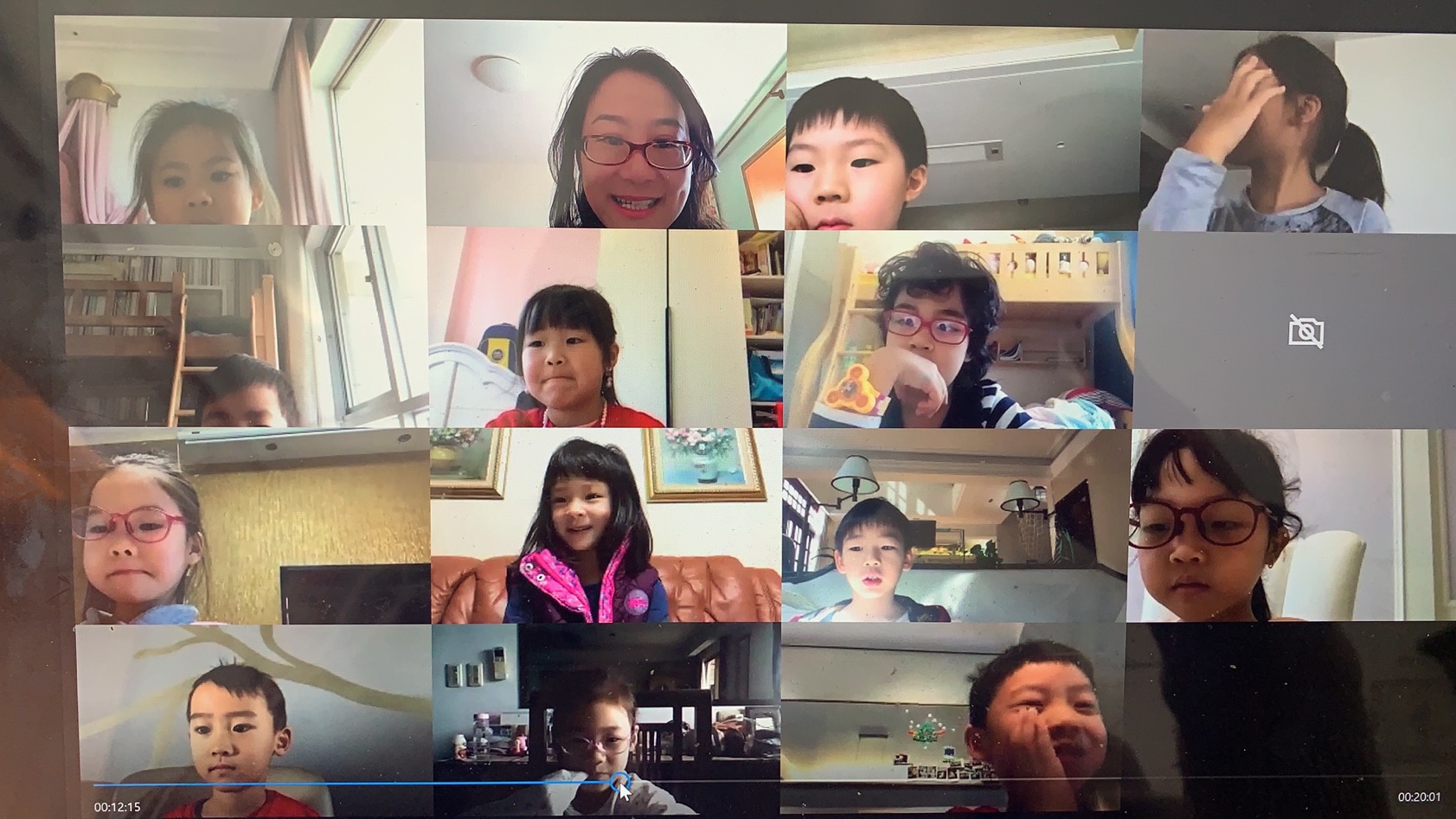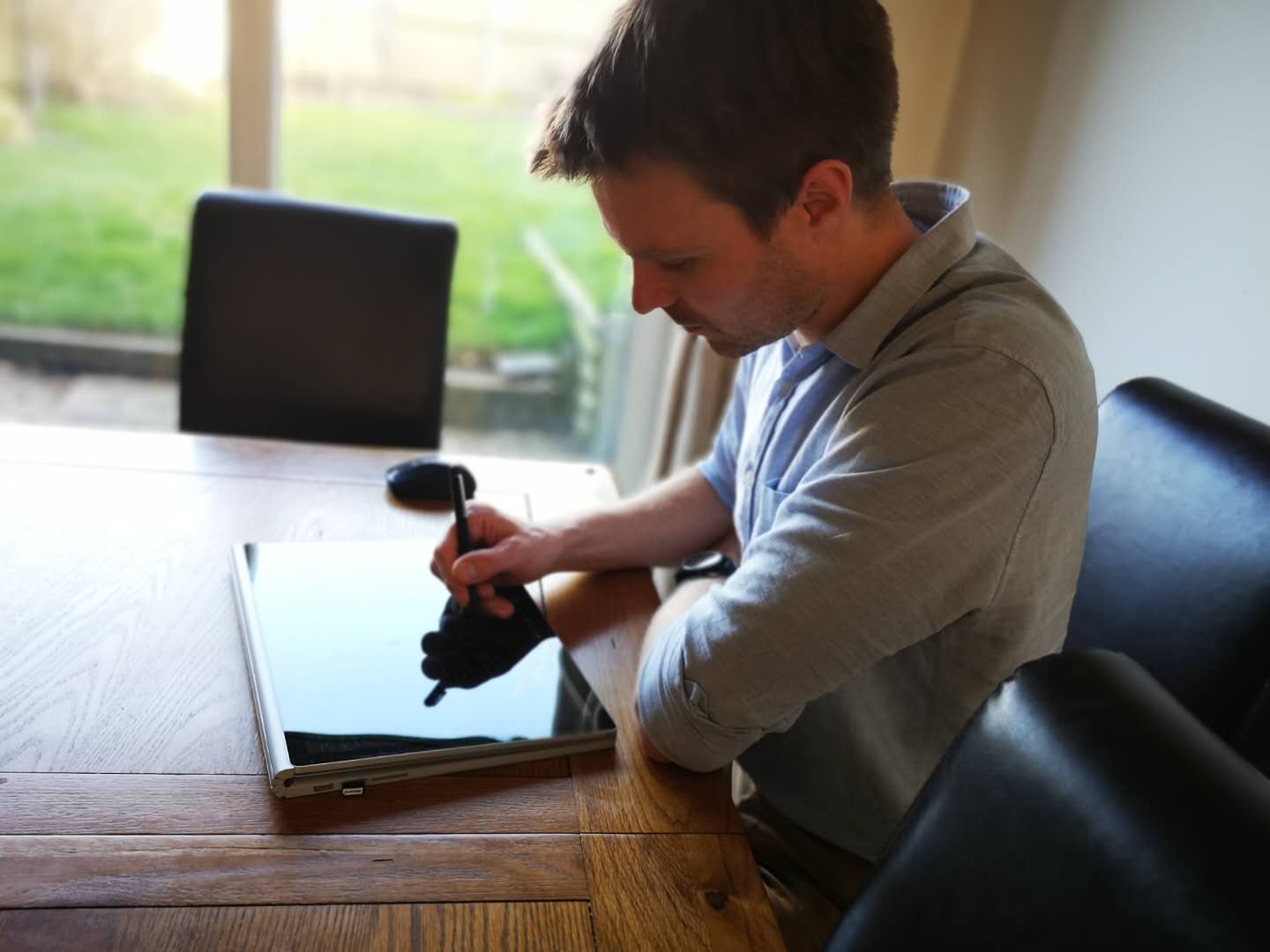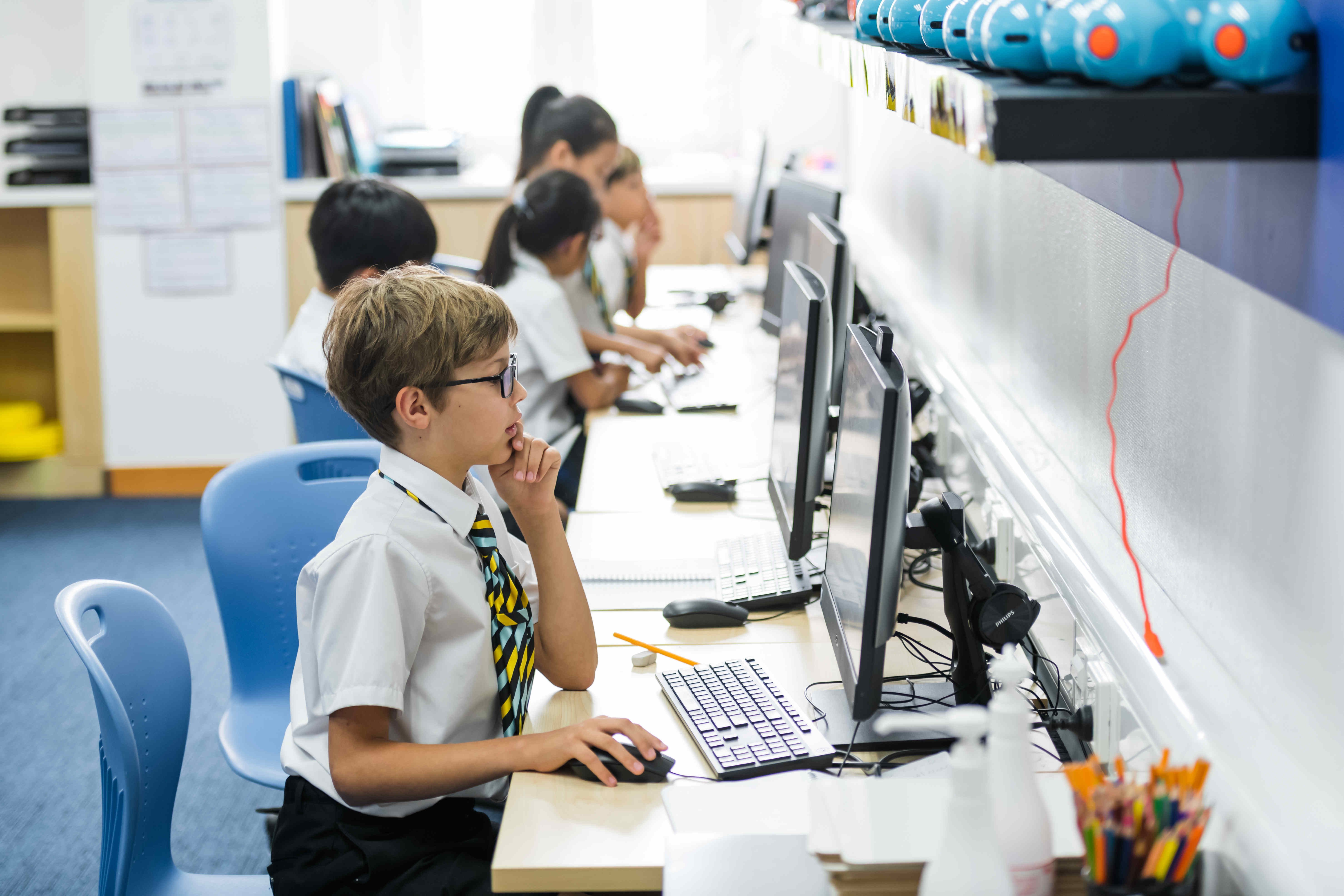We are Wellington [Online] | The transition to e-learning
15 Apr 2020

 At the beginning of our new e-learning setup that was introduced after Chinese New Year, there was a lot of information that pupils needed to absorb very quickly. They needed to know how their lessons were being organised, when they were happening and how to access them (and all supporting tools and resources) online. I definitely think that as this situation has continued, we’ve improved in making this part of the e-learning experience easier. On the teachers’ side, we’ve been quick to streamline the process of organising lessons and communicating key information with pupils. We now focus on Microsoft Teams and OneNote to share work, and a document going out every Sunday that collates all the individual year groups’ lessons for the following week in one place, with links to teachers’ Zoom classes.
At the beginning of our new e-learning setup that was introduced after Chinese New Year, there was a lot of information that pupils needed to absorb very quickly. They needed to know how their lessons were being organised, when they were happening and how to access them (and all supporting tools and resources) online. I definitely think that as this situation has continued, we’ve improved in making this part of the e-learning experience easier. On the teachers’ side, we’ve been quick to streamline the process of organising lessons and communicating key information with pupils. We now focus on Microsoft Teams and OneNote to share work, and a document going out every Sunday that collates all the individual year groups’ lessons for the following week in one place, with links to teachers’ Zoom classes.
 While I’m sure we all miss the buzz of the College campus and its full classrooms, one of the most beneficial silver linings of enforced e-learning is that pupils are getting hands-on experience of using these different communication and collaboration technologies in a completely remote manner. While we can’t be sure what long-term changes the aftermath of the pandemic will bring, it’s safe to assume that businesses and organisations across the world will be considering how well they use digital technologies, and how they can become more effective if and when remote working becomes more of a ‘new normal’. This means that becoming more familiar and confident with leading digital platforms for collaborative working is an invaluable experience for our pupils, no matter where they see themselves in terms of higher education or future employment.
While I’m sure we all miss the buzz of the College campus and its full classrooms, one of the most beneficial silver linings of enforced e-learning is that pupils are getting hands-on experience of using these different communication and collaboration technologies in a completely remote manner. While we can’t be sure what long-term changes the aftermath of the pandemic will bring, it’s safe to assume that businesses and organisations across the world will be considering how well they use digital technologies, and how they can become more effective if and when remote working becomes more of a ‘new normal’. This means that becoming more familiar and confident with leading digital platforms for collaborative working is an invaluable experience for our pupils, no matter where they see themselves in terms of higher education or future employment.
 Technically, all of our pupils were born into the Digital Age or ‘Internet Age’ if you prefer. However, as the events of early 2020 have shown, we’ve only just entered an age where your ability to operate digitally is as important as what you can do in the physical world, if not more so. Sadly, not everyone is ready for this emerging reality, with many organisations and individuals struggling to function as the pandemic plays out.
Technically, all of our pupils were born into the Digital Age or ‘Internet Age’ if you prefer. However, as the events of early 2020 have shown, we’ve only just entered an age where your ability to operate digitally is as important as what you can do in the physical world, if not more so. Sadly, not everyone is ready for this emerging reality, with many organisations and individuals struggling to function as the pandemic plays out.

Related Articles

Wellingtonians celebrate another year of excellent IB results!18 Jul 2025
Our 2025 graduates have attained an outstanding average score of 37.4 (out of a maximum of 45), well beyond the global average of 30.6—a remarkable achievement! Additionally, two students achieved a
Read More

Hiromi's Wellington Journey: From Learner to Changemaker13 Nov 2025
✦✦ ✦✦✦✦ ✦✦ ✦ Hiromis journey from Tokyo to Shanghai, transferring from a top-tier Japanese secondary school to Wellington College International Shanghai in 2024, represents more than just a change in
Read More

Wellington Shanghai Welcomes The Wellingtones22 Dec 2025
The Wellingtones in ShanghaiWellington College International Shanghai recently welcomed Wellington College UKs a cappella singing group The Wellingtones, and it was a wonderful opportunity to strengt
Read More










